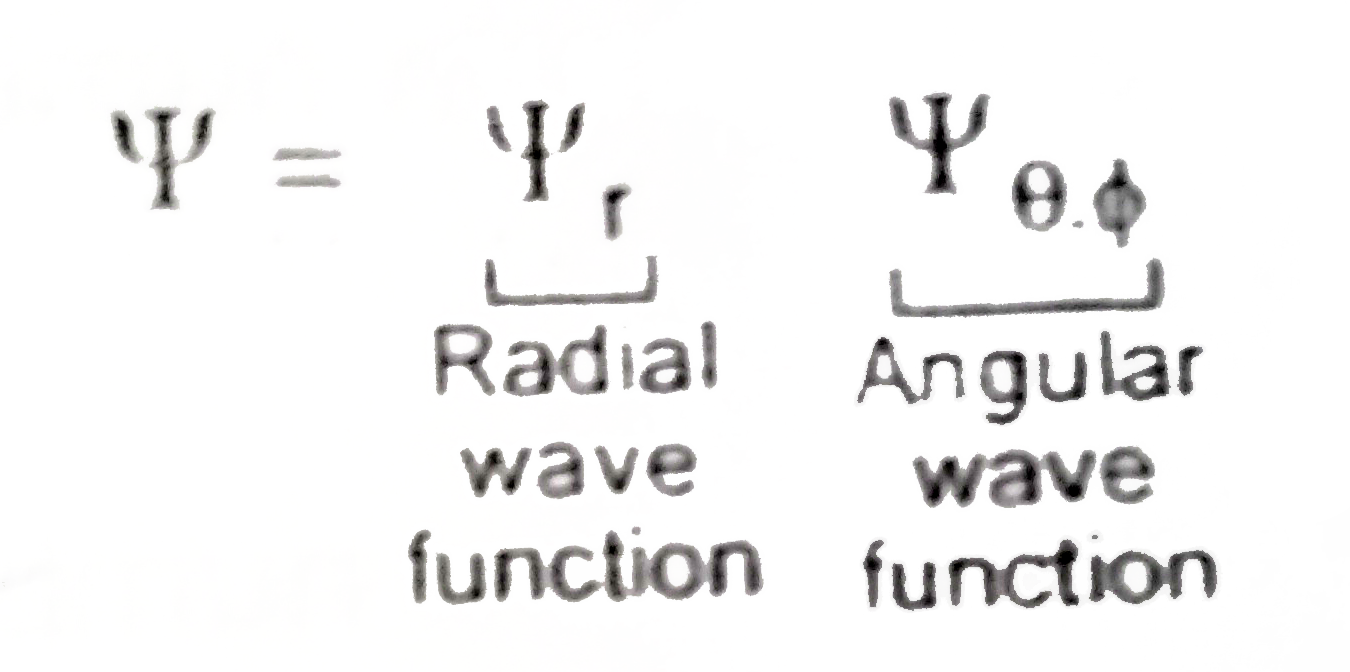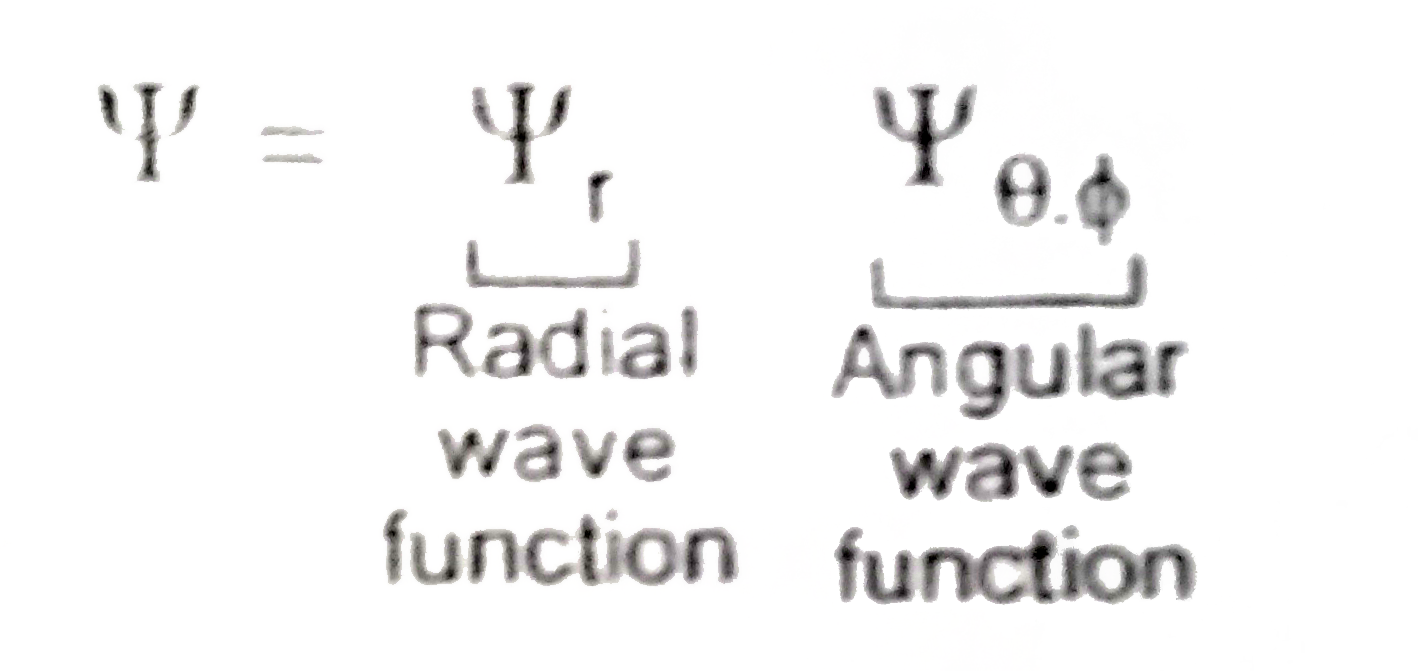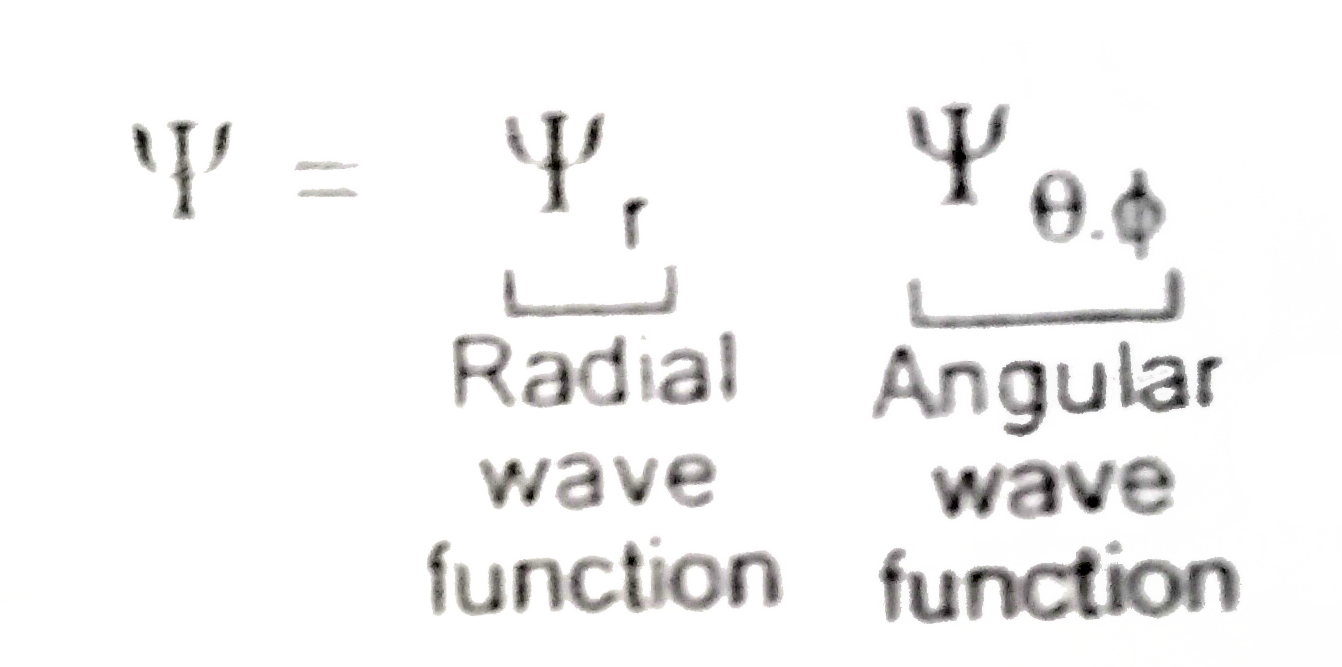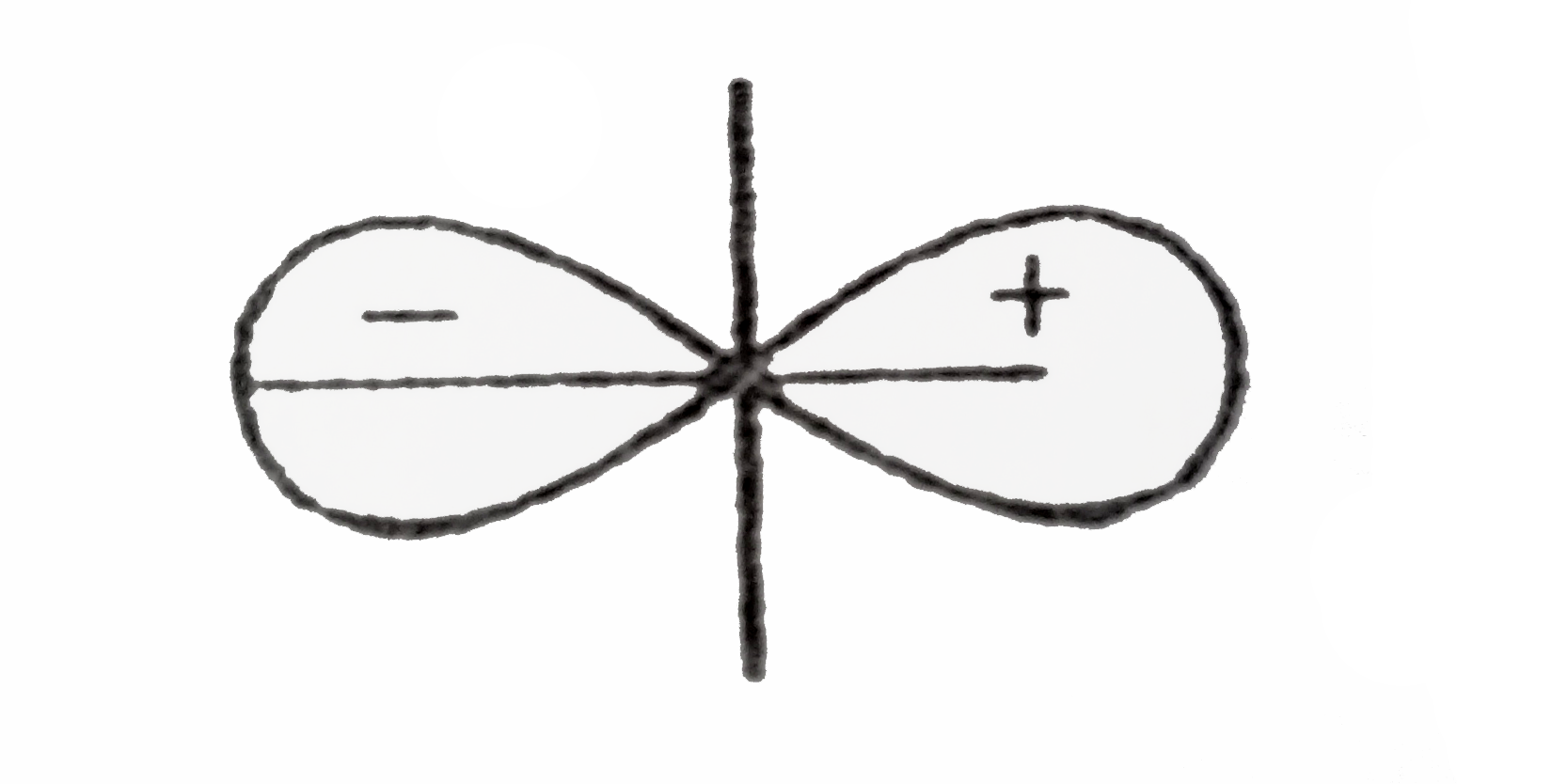Ψw=Ψs is not applied to
Turgid cell
Normal cell
Plasmolysed cell
Flaccid cell
The correct Answer is:B
To solve the question "Psi_(w)=Psi_(s) is not applied to", we need to analyze the four options provided: target cell, normal cell, plasmolyzed cell, and flaccid cell.
1. Understanding Psi_(w) and Psi_(s):
- Psi_(w) refers to the water potential of a cell.
- Psi_(s) refers to the solute potential of a cell.
- The relationship is given by the formula: Psi_(w) = Psi_(s) + Psi_(p), where Psi_(p) is the pressure potential.
2. Analyzing Each Cell Type:
- Turgid Cell: A turgid cell is one that is fully filled with water. In this case, Psi_(w) is zero because the pressure potential (Psi_(p)) is equal to the solute potential (Psi_(s)) with opposite signs. Thus, Psi_(w) = Psi_(s) is not applicable here.
- Normal Cell: In a normal cell, the water potential (Psi_(w)) is influenced by both solute potential (Psi_(s)) and pressure potential (Psi_(p)). Since Psi_(p) exists, Psi_(w) cannot equal Psi_(s) because Psi_(p) contributes positively to Psi_(w). Therefore, Psi_(w) = Psi_(s) does not hold true for a normal cell.
- Plasmolyzed Cell: A plasmolyzed cell is one that has lost water due to being in a hypertonic solution. In this case, the pressure potential (Psi_(p)) becomes zero, leading to the condition where Psi_(w) equals Psi_(s). Thus, Psi_(w) = Psi_(s) is applicable here.
- Flaccid Cell: Similar to a plasmolyzed cell, a flaccid cell also has a pressure potential (Psi_(p)) that is zero due to water loss in a hypertonic solution. Therefore, Psi_(w) = Psi_(s) is applicable here as well.
3. Conclusion:
- The only cell type where Psi_(w) does not equal Psi_(s) is the Normal Cell. In a normal cell, the presence of pressure potential means that Psi_(w) is not equal to Psi_(s).
Final Answer:
Normal Cell (Option B)
- Psi_(w) refers to the water potential of a cell.
- Psi_(s) refers to the solute potential of a cell.
- The relationship is given by the formula: Psi_(w) = Psi_(s) + Psi_(p), where Psi_(p) is the pressure potential.
- Turgid Cell: A turgid cell is one that is fully filled with water. In this case, Psi_(w) is zero because the pressure potential (Psi_(p)) is equal to the solute potential (Psi_(s)) with opposite signs. Thus, Psi_(w) = Psi_(s) is not applicable here.
- Normal Cell: In a normal cell, the water potential (Psi_(w)) is influenced by both solute potential (Psi_(s)) and pressure potential (Psi_(p)). Since Psi_(p) exists, Psi_(w) cannot equal Psi_(s) because Psi_(p) contributes positively to Psi_(w). Therefore, Psi_(w) = Psi_(s) does not hold true for a normal cell.
- The only cell type where Psi_(w) does not equal Psi_(s) is the Normal Cell. In a normal cell, the presence of pressure potential means that Psi_(w) is not equal to Psi_(s).
Normal Cell (Option B)
Topper's Solved these Questions
- TRANSPORT IN PLANTS BOOK - AAKASH SERIESCHAPTER - TRANSPORT IN PLANTS EXERCISE - EXERCISE II
52 Videos
- TRANSPORT IN PLANTS BOOK - AAKASH SERIESCHAPTER - TRANSPORT IN PLANTS EXERCISE - EXERCISE III
20 Videos
- RESPIRATION IN PLANTSBOOK - AAKASH SERIESCHAPTER - RESPIRATION IN PLANTSEXERCISE - Exercise - III
9 Videos
Similar Questions
Ψp=0 in
View SolutionConsider the following
i. For a solution at atmospheric pressure Ψw=Ψs
ii. Ψw (water potential) of a cell is affected by solute potential only
iii. Ψp (pressure potential ) is usually positive in xylem during the day which of the statements given above is/are correct?
View SolutionΨwinside plant cells is
View SolutionAfter understanding the assertion and reason, choose the correct option.
Assertion : In the bonding molecular orbital (MO) of H2, electron density is increased between the nuclei.
Reason : The bonding MO is ΨA+ΨB, which shows destructive interference of the combining electron waves.
View SolutionWhy is solute potential always negative ? Explain Ψw=Ψs+Ψp.
View SolutionOrbitals are the pictorial representationofΨ or Ψ2

Ψ2 tell about the probability of finding electron.
Which of the following graph is correct for 3p ?
View SolutionOrbitals are the pictorial representationofΨ or Ψ2

Ψ2 tell about the probability of finding electron.
Which of the following orbital is non directional ?
View SolutionOrbitals are the pictorial representationofΨ or Ψ2

Ψ2 tell about the probability of finding electron.
A 2px orbital is shown by given diagram

Correct regarding diagram is
View SolutionFor a solution at atmospheric pressure , ΨW is equivalent to
View SolutionIf in an osmotic system, one chamber (A) has Ψw−2000KPa while the other (B) has -1000 KPa, which chamber has dilute solution ?
View Solution
